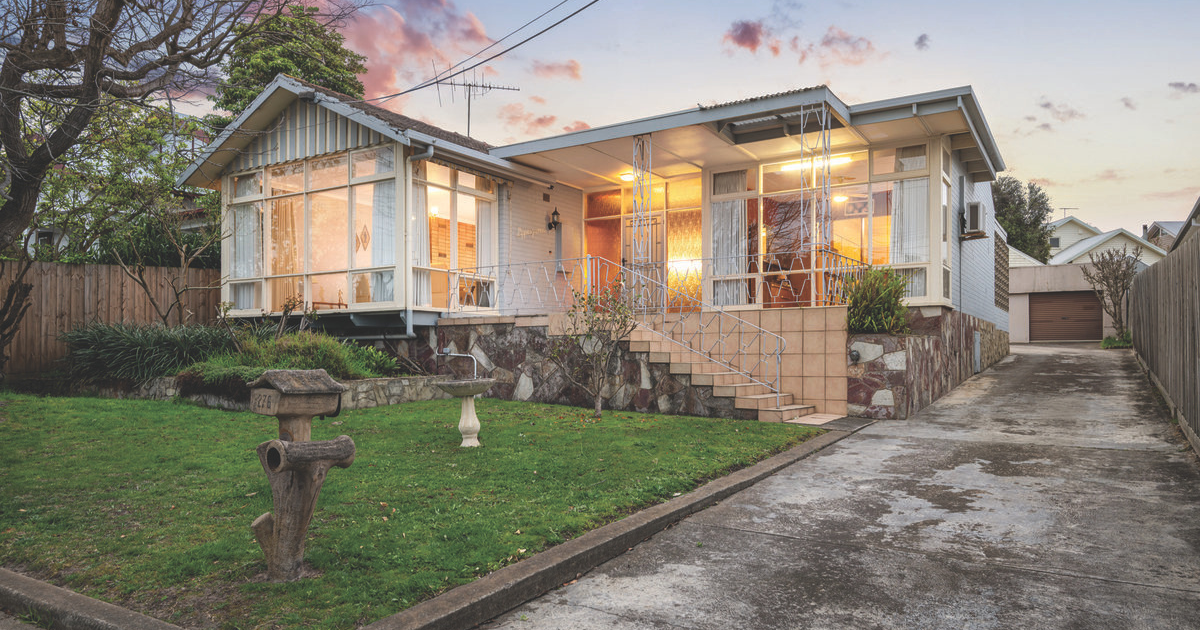Rental market health
A recent research report commissioned by the Property Council of Australia has reinforced concerns that proposed changes to negative gearing will reduce the appeal of investing in rental properties, which could place downward pressure on rental vacancy rates and drive up weekly rents.
An investment property is negatively geared when the rental return is less than the interest repayments and other relevant outgoing costs. Investors can claim the interest portion of their loan and some other costs under Australian tax law.
A loss may be offset against other income you have earned, including salary or wages, to reduce your taxable income and therefore your tax payable.
For example, if your costs associated with an investment property are $4,000 more than your rental income from it, you can reduce your taxable income by $4,000. Other assets such as shares can also be negatively geared.
The federal opposition has pledged to “limit negative gearing to new housing from a yet-to-be determined date after the next election” which, it states, will “see a boost in new housing”.
The Property Council survey of current and potential investors revealed that 33 per cent of potential investors would probably or definitely buy a newly built investment property in the next five years under the existing tax arrangements but the number dropped to 24 per cent under proposed changes.
Meanwhile, 46 per cent of current investors said they would need to increase the rent charged if the changes are implemented.
With vacancy rates across Regional Victoria at record lows over recent months, this is cause for concern.
The rate for Regional Victoria is 1.2 percent with some areas even lower including Ballarat at 0.7 per cent and Bendigo at 1.0 per cent. A rate of 3.0 per cent is required for a healthy rental market.
The REIV believes that now is not the time to alter negative gearing arrangements, which would put further pressure the property industry, stymy investment and drive up rents.


















